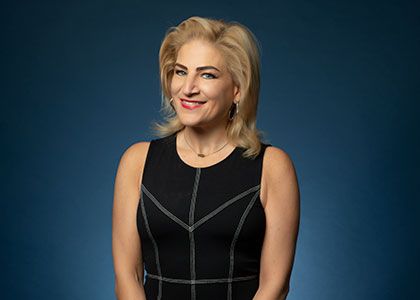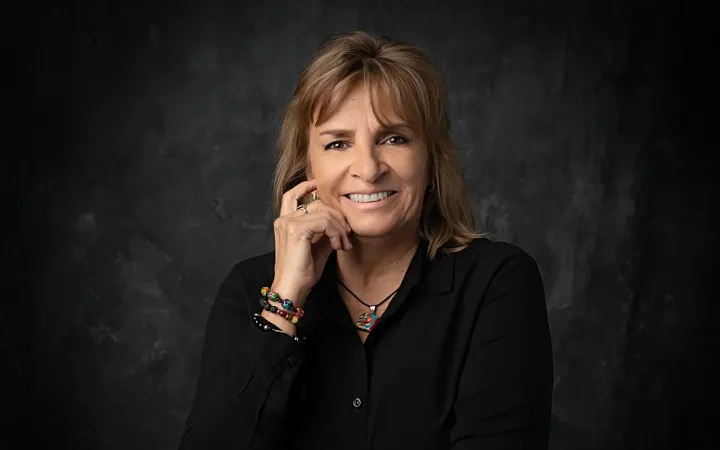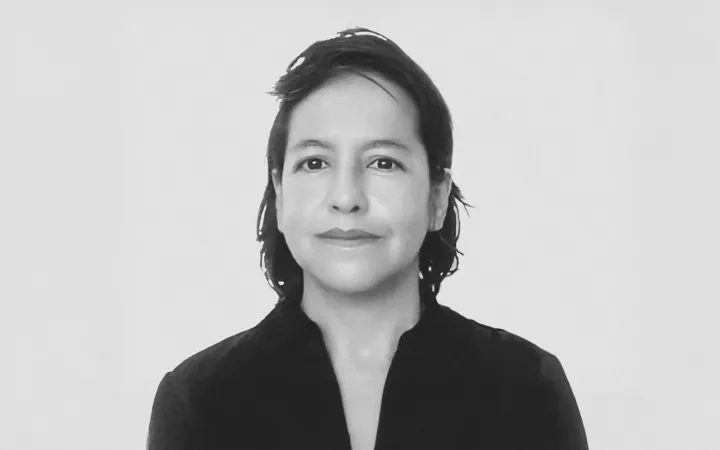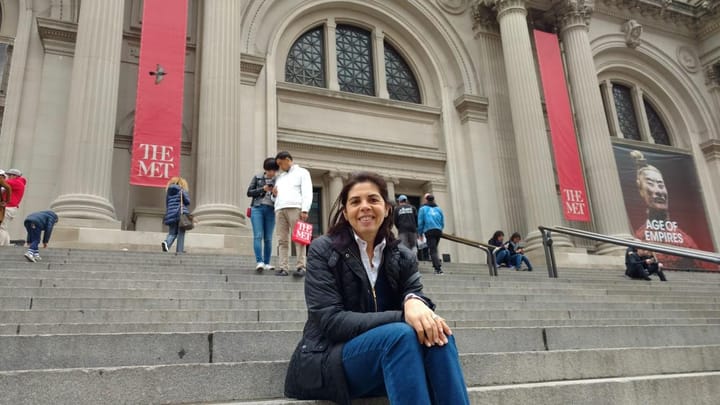
Por Susana Moscatel
Dicen que una imagen habla más de mil palabras. Cuando las palabras no alcanzan, esas imágenes tienen que contar las historias. Y aun así no son suficientes. Sobre todo esas imágenes que vemos en tiempo real y no han pasado por ningún tipo de edición y por lo tanto editorialización. Y aunque sean devastadoras, eso es lo que tienen que hacer. Sí, son familias enteras masacradas. Abuelas desaparecidas. Niños arrebatados de sus padres con armas de alto calibre. Gritos de terror en lo que era un día de fiesta. Las palabras pueden ser torcidas, omitidas, silenciadas, utilizadas sin que estén apegadas a la realidad. Las imágenes en tiempo real que vimos durante todo este terrible fin de semana ante el ataque de Hamás contra ciudadanos y visitantes en Israel dicen todo.
Estos son los tiempos en los que nos avisan cuando un podcast va a hablar de temas que nos pueden perturbar. Entonces decidimos si lo escuchamos o no. Cuando de actos terroristas se trata, debemos estar perturbados. Muy perturbados. Parece que está muy lejos. Eso queremos creer. No lo está. El fundamentalismo siempre ha sido una de las fuerzas más devastadoras de la humanidad. Y hoy vivimos en todo tipo de extremos. Esta guerra que inició de golpe, asesinando al menos a 700 personas también de golpe, secuestrando a miles, no es algo que pueda perderse en discusiones sobre nuestras filias políticas. No hay Israelí ni Palestino que no sufrirá las consecuencias de lo hecho por Hamás. Y las guerras de hoy se caracterizan porque las podemos ver en tiempo real y desde el campo de batalla, que segundos antes de que sonaran las alarmas eran hogares. Festivales por la paz. Cafés. Vidas humanas.




